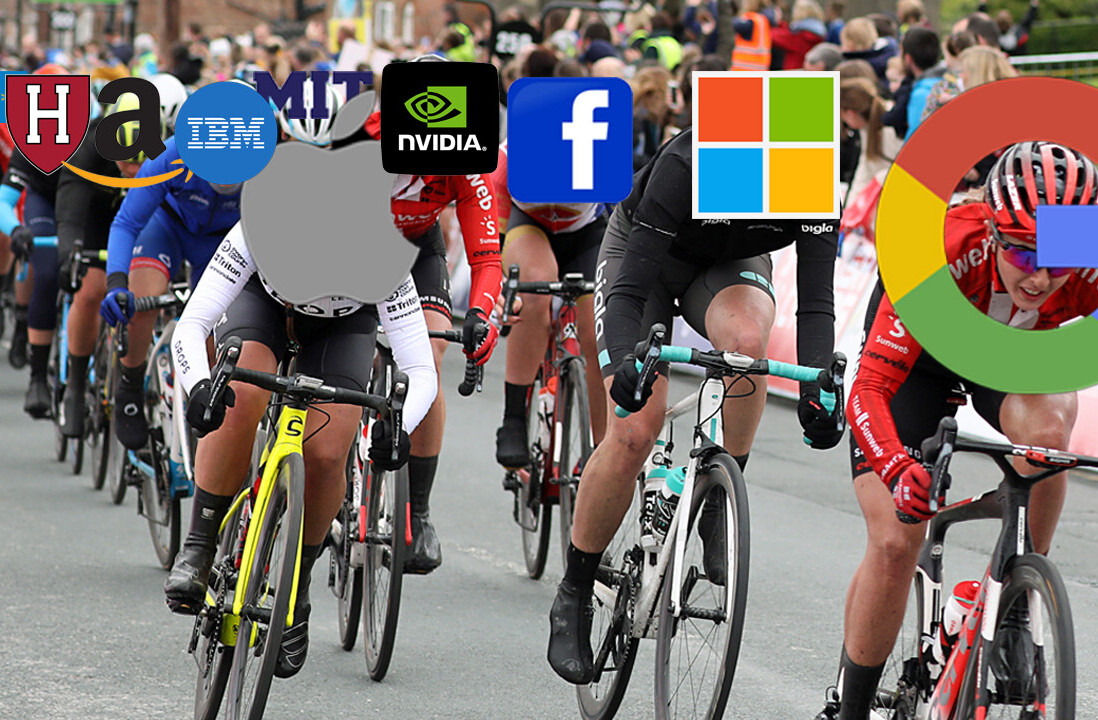
The Pentagon is sending a warning to nations who are considering engaging the US in cyber-warfare and has concluded that attacks coming from another country can constitute an “act of war,” which gives U.S. the right to respond using traditional military force, according to a report from The Wall Street Journal.
Similar to how international treaties guided traditional wars, the Pentagon is now laying out its first formal cyber strategy to be discussed with its allies, which represents an early attempt to adjust to a changing world where even hackers could pose as a significant threat to the U.S.
“If you shut down our power grid, maybe we will put a missile down one of your smokestacks,” said a military official.
The Pentagon, which believes that most sophisticated computer attacks are supported by a country’s government, is proposing the notion of “equivalence” wherein:
“If a cyber attack produces the death, damage, destruction or high-level disruption that a traditional military attack would cause, then it would be a candidate for a “use of force” consideration, which could merit retaliation.”
The proposal, however, is sure to spark debate over a range of sensitive issues the Pentagon has left unresolved, including the certainty of an attack’s origin, and the kinds of cyber attack that would constitute the use of force.
The Journal says that many military planners believe the trigger for retaliation should be the amount of damage—actual or attempted—caused by the attack.
These reports come shortly after the U.S. government outlined a new strategy for cyberspace, which included references to security.
Get the TNW newsletter
Get the most important tech news in your inbox each week.





